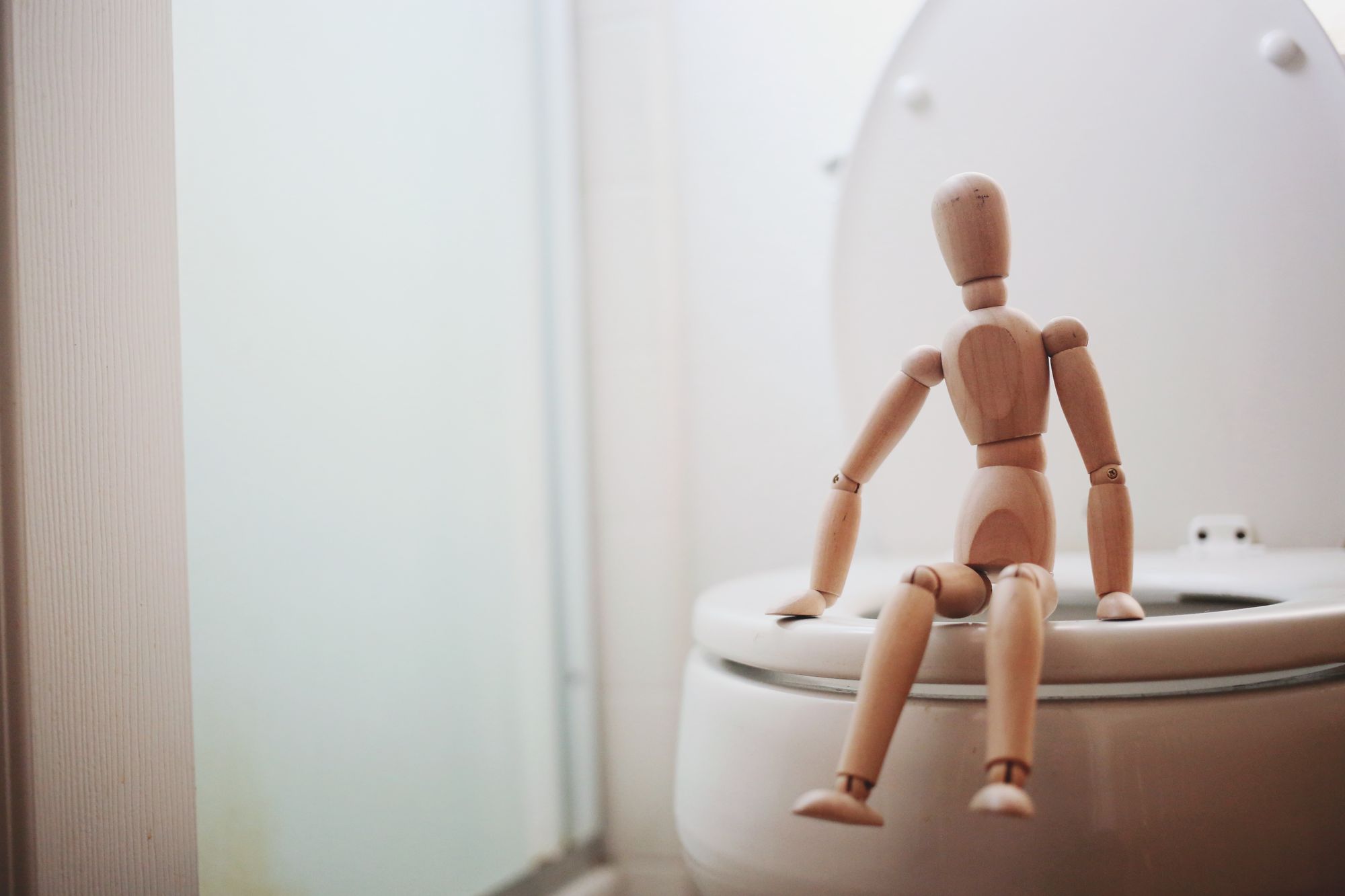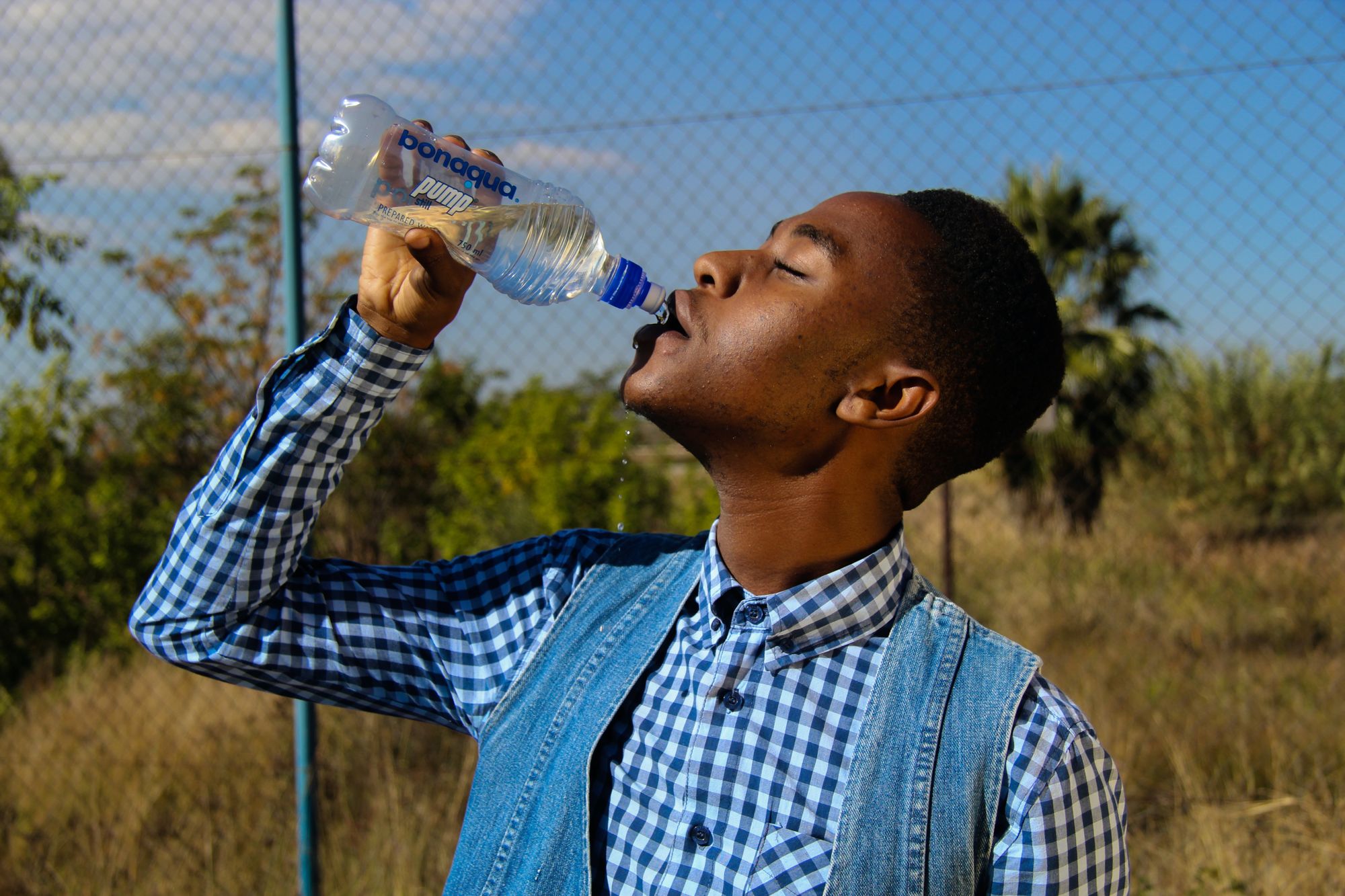5 Healthy Tips for Preventing Diarrhoea when Fasting
In this blog, we'll be sharing 5 tips that can help you prevent diarrhoea when fasting, so that you can make the most of your fast and avoid any discomfort.

Have you ever experienced a time you couldn’t enjoy 2 straight hours without running to the toilet?
Regretting why you ate that combo of pounded yam with vegetables, and the banana bread you couldn't resist. You thought to yourself, "it was probably the soda drink you washed them down with".
Now, you couldn’t help but imagine these are the culprits behind your misery, as you spent half of your fasting time sitting on the toilet bowl, deep in thoughts.
Every time you came out of the toilet, you grudgingly said to your friends you’ve been purging and don’t know what was wrong. You told them it wasn’t a solid stool, but a watery one.
That was you battling diarrhoea.
And it doesn’t stop at making you feel just uncomfortable. It also makes it difficult for you to focus on the beneficial aspects of your fast.
So, in this blog, we'll be sharing 5 tips that can help you prevent diarrhoea when fasting, so that you can make the most of your fast and avoid any discomfort.
But before then, do you know why you experience diarrhoea?
Well, the answer is simple!
You keep running to the toilet because your body’s digestive system failed to absorb the nutrients and the energy content from the food you ate, which causes this food and water to move through your system undigested.
Where things now become scary is when you don’t pay attention to diarrhoea. It can lead to severe dehydration or even cause death, which is why you need to know how you can prevent it from happening, especially when you’re fasting and can’t drink water to stay hydrated.
So, what causes diarrhoea?
You might experience diarrhoea while fasting due to changes in your diet or your body’s reaction to stress.
However, you should know that fasting on its own cannot cause diarrhoea, but it’ll be nice to err on the side of caution.
Typically, diarrhoea can happen because of the following:
- Dehydration and electrolyte imbalances: Electrolytes keep your body functioning as it should, e.g. balancing the amount of water in your body. When you’re fasting, your body doesn’t have enough water and essential nutrients, and this can cause electrolyte imbalance, resulting in diarrhoea as your body tries to remove excess electrolytes.
- Intolerance to certain foods: Your body may also be rejecting the food you ate, e.g. the pounded yam or vegetables you had before the fast began, or the milk you drank, forgetting you’re lactose intolerant.
- Intestinal infections: You’re likely going to experience diarrhoea if you unknowingly consume contaminated food or water, as it can lead to bacterial or viral infection.
- Use of certain medications: Some medications can also be the culprit behind the discomfort you experience while fasting, e.g antibiotics or laxatives.
It’s therefore important to identify the cause of your diarrhoea during fasting, as this will help you take necessary steps to reduce your symptoms.

How can you prevent diarrhoea while fasting?
1. Ease into fasting
Think of fasting as a battle. You don’t go to battle unprepared. To come out victorious, you need to be prepared and get all your armoury battle-ready.
In this case, you need to prepare your body for the fast, so you can win the battle against diarrhoea.
Start by gradually reducing the amount of food and drink you take before you begin fast, as it will help your body adjust to the changes and reduce the risk of digestive upset.
2. Stay hydrated
As mentioned earlier, electrolyte imbalance can trigger diarrhoea, so you want to avoid this from happening by staying hydrated.
However, you need to be careful not to overdo it, as this can also tip the scale of the electrolyte in your body. So, it’s advisable that you drink enough water before and after your fast.
3. Maintain a balanced diet when eating
There’s a common saying, sweet things kill. But only if you allow it.
This is why you need to avoid consuming too much sugar or artificial sweeteners, as they can irritate your digestive system and lead to diarrhoea.
Instead, eat a balanced diet with plenty of fruits, vegetables, and whole grains when you want to fast.
4. Monitor your fibre intake
While fibre is good for your digestive health, too much of it can cause diarrhoea. So to avoid uncomfortable situations like this, watch the amount of fibre you're eating.
Your body can also find it hard to digest foods rich in high-fibre, such as whole grains, beans, and vegetables, especially when you're not used to fasting. These foods can cause diarrhoea, bloating, or gas, which is why it's best to go for easily digestible foods like fruits.
5. Consult with a healthcare provider before fasting
If you're considering fasting, it's essential to seek professional advice from a healthcare provider, especially if you have a history of digestive issues or any other medical conditions.
By consulting with a healthcare professional, you'll receive guidance on how to fast safely or a personalised plan that aligns with your individual needs and medical history.

Final thoughts
Having to run to the toilet now and then doesn't just make you feel uncomfortable, it also poses a great challenge to your health when not taken care of.
The good news is that with the right approach, you can prevent diarrhoea and make the most of your fast. All you need to do is follow the tips outlined in this blog, and you can enjoy a smooth and comfortable fast without any worries.
Remember that your body is unique, and what works for one person may not work for you. So, listen to your body and pay attention to its needs, and always consult with a healthcare provider if you have any concerns.

